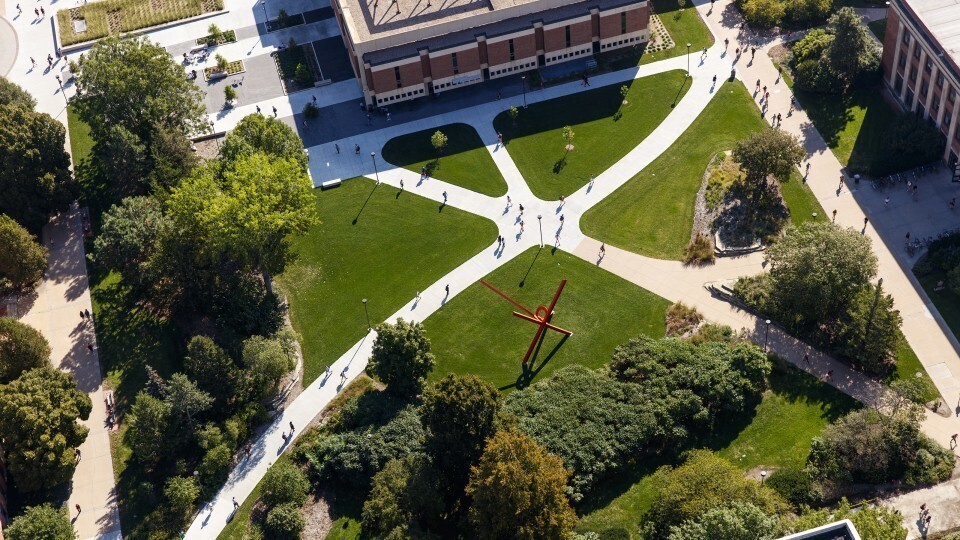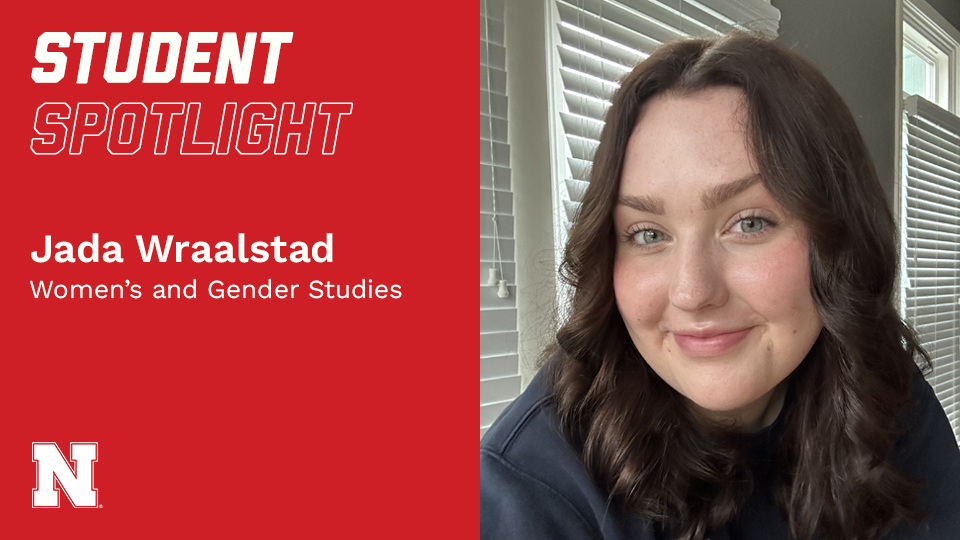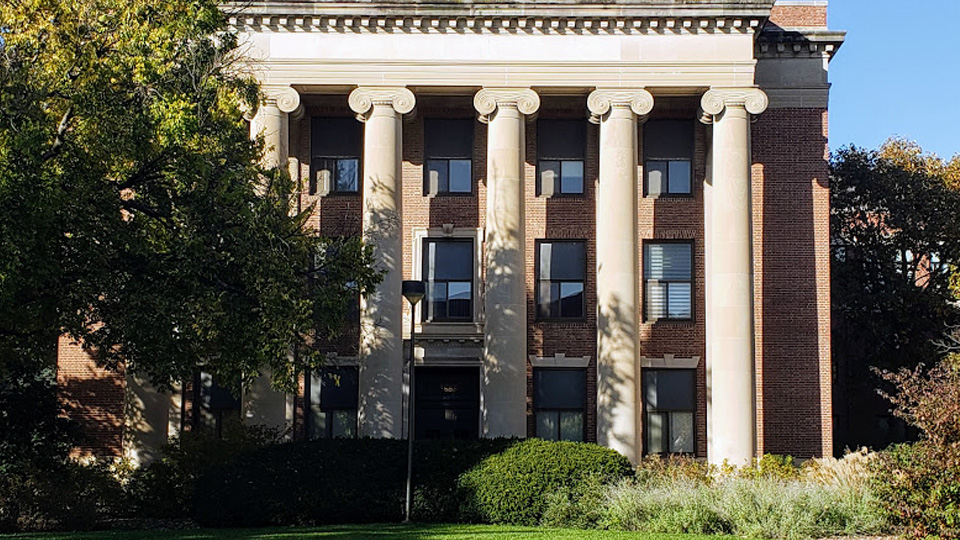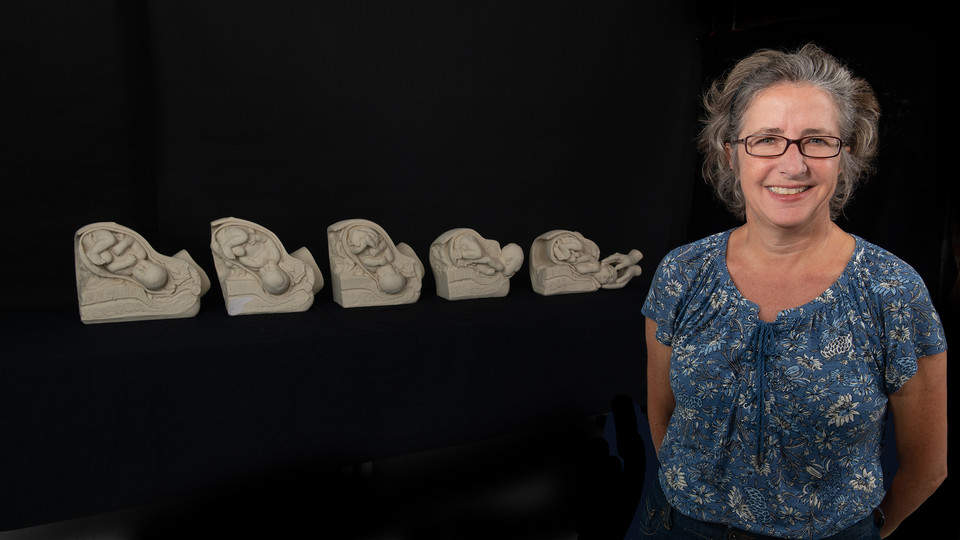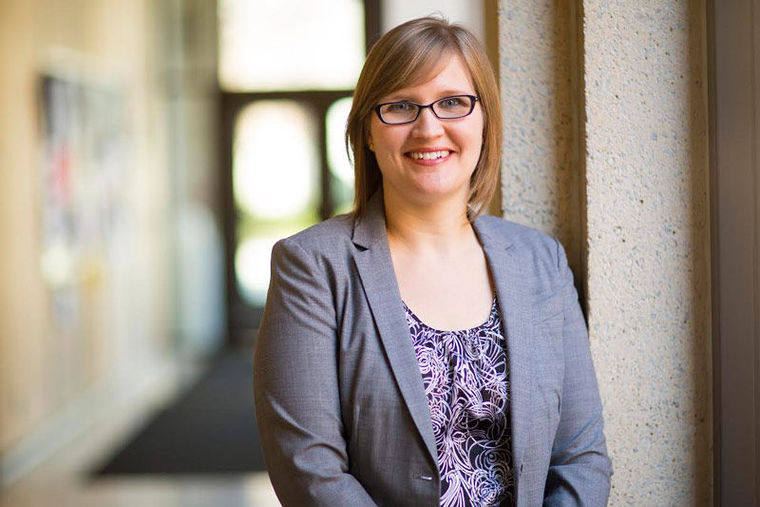
Bisexuals face unique challenges, researchers find
Two researchers at the University of Nebraska-Lincoln recently co-authored a study on the unique challenges bisexual individuals face when coming out compared to gay and lesbian people. The Daily Nebraskan conducted a Q&A with the authors, UNL sociologist Emily Kazyak and Rachel M. Schmitz, a graduate student of sociology focused on women’s and gender studies, about their inspiration for the study and what they discovered.
Daily Nebraskan: Where did you get the inspiration for this journal topic?
Emily Kazyak: We were familiar with the research on how gay and lesbian people come out to family members, but often, bisexual people were either left out of the analysis or grouped together with gays and lesbians. Because we knew that there are certain stereotypes about bisexual identity that are different from gay and lesbian sexuality, our hunch was that bisexual people really have a distinct experience in coming out to family members, given those stereotypes attached to bisexual identity.
Rachel Schmitz: The inspiration came from a general understanding about the negative cultural stereotypes regarding bisexuality and that many people don’t consider it a legitimate sexuality, but rather they consider it just a phase or a passing trend.
DN: How did you get into LGBTQA studies?
EK: Our society is grappling right now with so many issues relating to sexuality. I was excited about the field of LGBTQA studies because it provides an important perspective as well as a lot of information that can help guide these discussions. An important component of LGBTQA studies is research that analyzes the experiences of LGBTQA individuals. This can help guide our discussions about important topics that sometimes are discussed only at the abstract level.
RS: I first became interested in LGBTQA studies while I was pursuing my master’s degree at UNL in Sociology and began taking classes in women’s and gender studies with the goal of getting my WGS specialization.
DN: Why do you think bisexuals have been left out of (the) research efforts?
EK: I think part of why there has been less focus on bisexual individuals in research is because of the stereotype that this sexual orientation is not a real or legitimate one.
RS: I believe bisexuals have been generally excluded from research studies because they do not fall into a dichotomous view of sexuality, which is the predominant cultural view of sexual identities and behaviors.
DN: Why do many people consider bisexuality as something temporary? Why is the expectation for monosexism so strong?
EK: We really do have this sense that sexual orientation is something that is black and white and that you’re either attracted to people of the opposite sex or you’re attracted to people of the same sex. On the one hand, this belief has lead to a lot of support for LGBTQ rights. Progressives often rally under the born gay framework to argue for equality for gay and lesbian individuals. Yet on the other hand, this perspective has meant that other sexual orientations, like bisexuality, are misunderstood as a phase, and not seen as legitimate.
RS: I believe many people consider bisexuality as something temporary because of the strong cultural expectation to have a sexual attraction to only one gender and bisexuality is more difficult for people to understand.
DN: Why do bisexuals tend to come out later in life? Why do they tend to disclose it more often than gays and lesbians?
EK: Prior research has shown that bisexual individuals are less likely to disclose their identities (Weinberg, Williams, & Pryor, 1994) than their gay and lesbian counterparts. I think part of this is because of the stereotypes and stigma that are attached to bisexual sexual orientation. It may also be the case that bisexual individuals who have only been in different-sex relationships (or whose family members only know of their different-sex relationships) may not see the need to come out. This was true for some people in our study.
RS: Bisexuals may come out in later life if they had previously only had opposite-sex relationships and their bisexuality may not have been visible. Also, they may be reluctant to disclose their sexuality if they fear people will not accept it or view it as legitimate.
DN: What should students take away from your work?
EK: There are two main things I hope students take away from this research. First, we wanted to stress that there are many misperceptions and stereotypes about bisexuality and these stereotypes really impact the coming out process in families. Sometimes, people chose to not come out as bisexual to family members even though that’s how they identified. Instead, they came out as gay or lesbian, because they thought coming out as bisexual would be too confusing to their family. A second, related, key point is that we were struck by how much people really thought about this. People put a lot of thought and energy into how they were going to come out. It’s not necessarily easier or harder to come out as bisexual, but there’s a different set of negotiations that bisexual people have to go through.
RS: I hope that students take away from this work the idea that LGBTQA identities are so complex and diverse that it is important to avoid vast over-generalizations of their experiences.
DN: What was the biggest challenge with this piece of research?
EK: One challenge that always comes up with research is that there are many more interesting things you could focus on and analyze but you can’t do it all in one article! For instance, many of the people we interviewed identified with other sexual identities in addition to bisexuality (like pansexual or queer). We noted this in the article, but it wasn’t something we were able to devote a lot of discussion to.
RS: The biggest challenge in conducting this research was being able to identify larger patterns among bisexual participants while also retaining their unique, individual experiences in coming out to their families.
This article originally appeared in the Daily Nebraskan.
http://www.dailynebraskan.com/news/bisexuals-face-unique-challenges-researchers-find/article_08827622-e3ea-11e4-9efb-2f8c7ab47542.html
